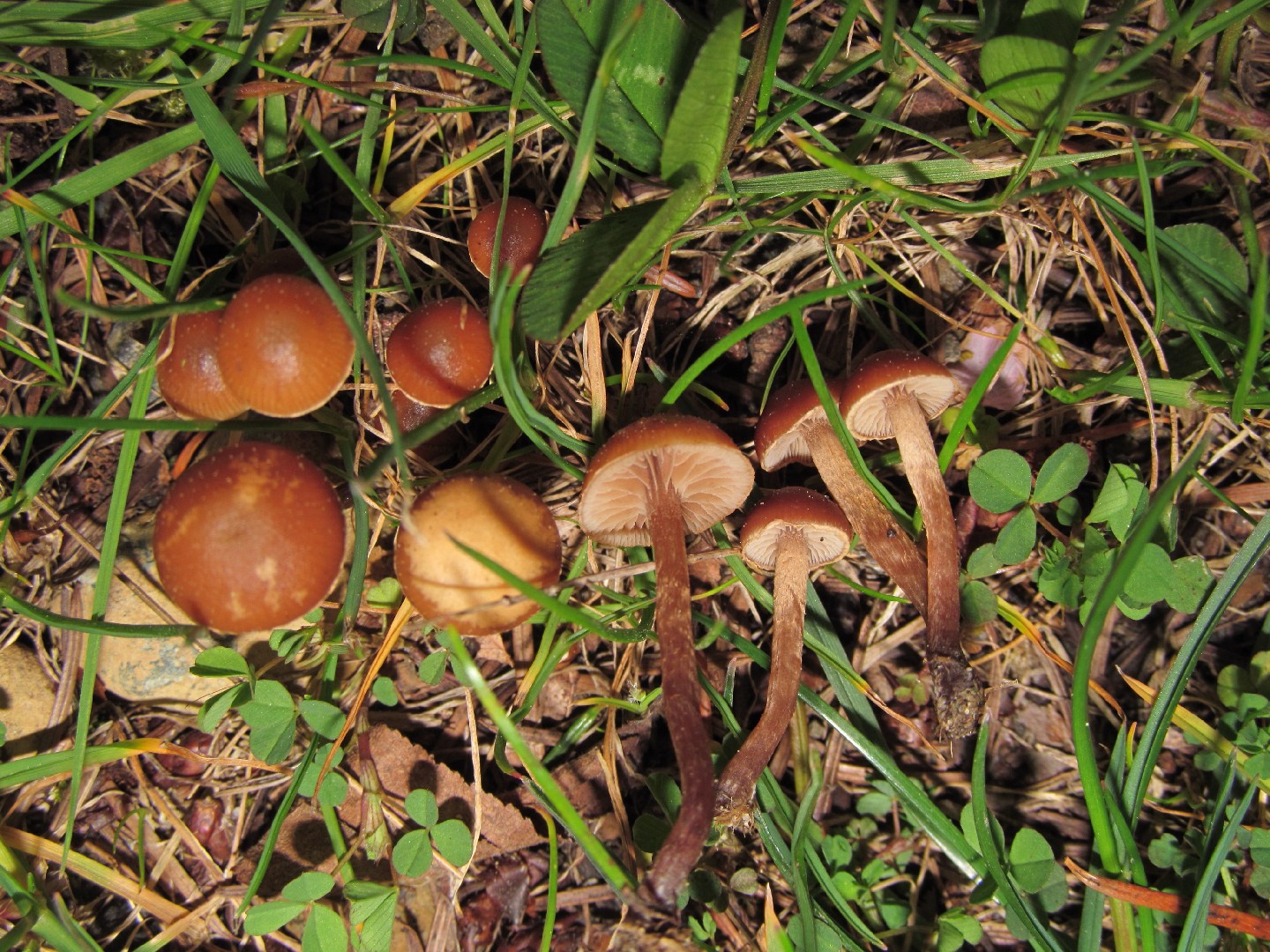Unveiling the Truth about Mushroom Spores
페이지 정보

본문
When it comes to mushroom cultivation and mycology, the subject of mushroom spores is often shrouded in misperceptions and myths of misconception. Over the years, various legends about mushroom spores have emerged, causing chaos and uncertainty among growers and enthusiasts alike. In this article, we'll delve into the world of mushroom spores and debunk some of the most common myths surrounding them.
One of the most enduring concepts about mushroom spores is that they're highly volatile. This notion likely originated from the fact that mushroom spores can be extremely fine and dry, making them potentially explosive in certain conditions. However, the reality is that mushroom spores are not volatile in the classical sense. While it's true that they can create a fine powder when disturbed, this powder is not volatile and won't lead to a dramatic explosion.
Another misconception surrounding mushroom spores is that they're highly contagious and can easily infect people or other living organisms. This legend is often perpetuated by media and portrayals, which portray mushroom spores as a deadly biohazard. While it's true that some mushrooms can be allergenic or cause adverse effects, the spores themselves are not a significant risk to human health. In fact, mushroom spores are typically non-pathogenic and require specific conditions to germinate and harm.
One of the most widespread myths about mushroom spores is that they're highly unique and only compatible with a particular species of mushroom. While it's true that different mushroom strains have unique characteristics and growing requirements, spores are surprisingly versatile. In fact, some mushroom spores can grow on a extensive range of substrates and under various conditions. This versatility is one of the reasons why mushroom cultivation has become increasingly mainstream, as growers can test with different strains and substrates to achieve desirable results.
Another myth that's commonly associated with mushroom spores is that they're difficult to store and store. While it's true that many mushroom spores are sensitive to humidity and humidity, there are differing methods for preserving and storing them for extended periods. These methods include using desiccant or freezing, which can help to slow down the germination process and prevent deterioration. As a result, mushroom spores can be stored for extended periods, making it feasible to grow rare and exotic species even in areas with limited natural conditions.
Finally, one of the most enduring misconceptions about mushroom spores is that they're only of concern to scientific researchers and enthusiasts. While it's true that some researchers and aficionados are deeply involved in the study and cultivation of mushroom spores, the truth is that everyone can learn about and admire these intriguing organisms. Mushroom spores are a natural part of our environment, and cubensis sporenspritze understanding more about them can have a array of practical applications, from agriculture and medicine to forestry.
In summary, while myths and misconceptions about mushroom spores are widespread, they're often based on a deficiency of comprehension or outdated information. By dispelling these myths and exploring the fascinating world of mushroom spores, we can gain a more profound admiration for these remarkable entities and the many benefits they offer. Whether you're a seasoned grower or a curious enthusiast, learning more about mushroom spores can be a rewarding and engaging experience.

- 이전글The Facebook Effect (On Actual Estate Costs) 25.05.24
- 다음글Гайд по джекпотам в веб-казино 25.05.24
댓글목록
등록된 댓글이 없습니다.

